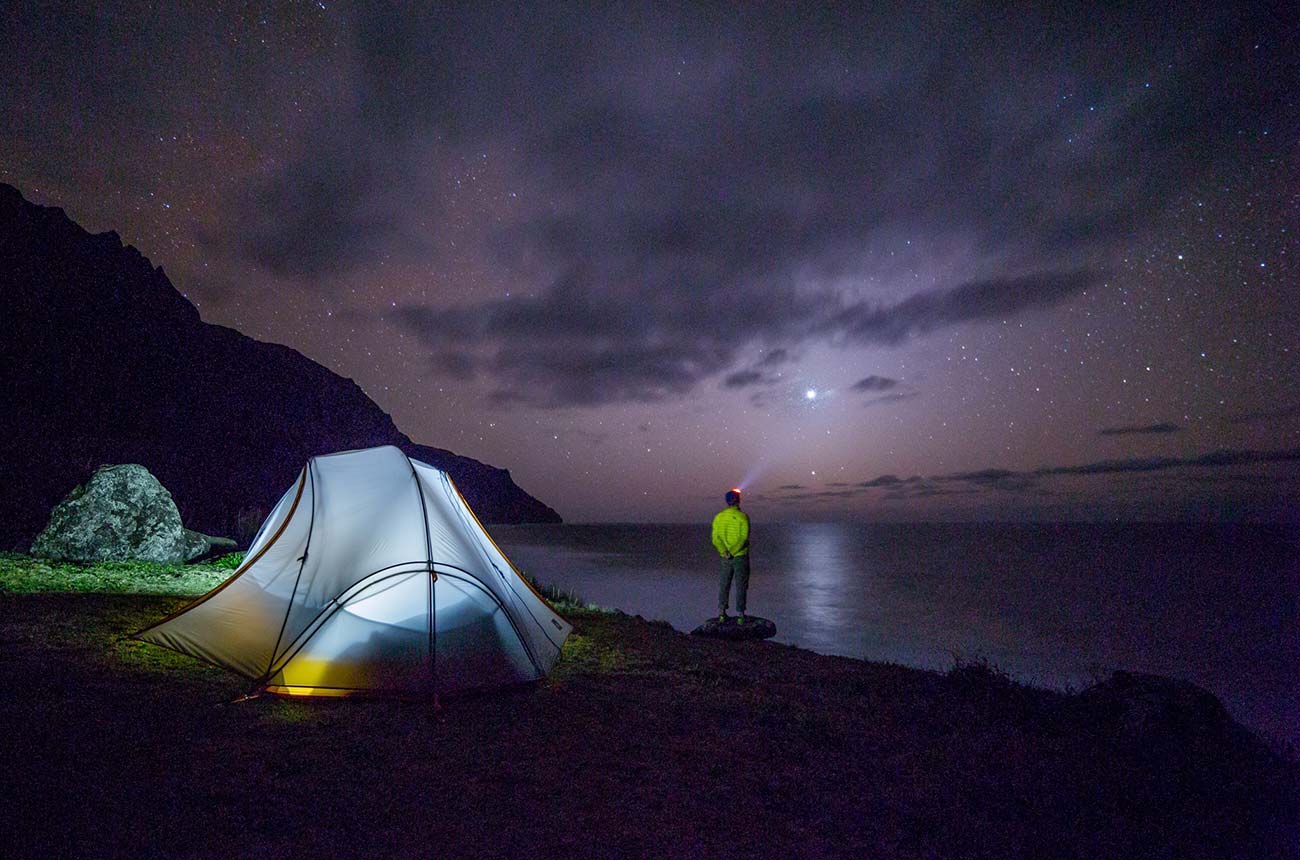CEO EXCERPT
Volunteers are the heart of an event, bringing community and passion. But paid staff are the backbone, providing the insured, licensed, and reliable structure for safe operations. The best events don't choose one; they integrate both.
Volunteers vs staff at events is about matching enthusiasm with compliance: volunteers elevate guest experience, while paid staff ensure safety, licensing, and operational control. This guide explains exactly when to use volunteer staff and where trained professionals are required to run safe, consistent events.
Key Factors Before Assigning Any Role
When comparing volunteers vs staff at events, assess risk before enthusiasm.
Ask five practical questions:
- What’s the public exposure level? Tasks involving food, alcohol, or large crowds need trained, insured workers.
- How technical is the role? Ticketing systems, AV setups, or logistics coordination require skilled staff.
- Are there legal limits? U.S. state laws often restrict unlicensed individuals from handling alcohol or security.
- What’s the reliability need? Volunteers are valuable but not always available for long shifts.
- What happens if something goes wrong? Accountability differs entirely between paid vs unpaid event workforce members.
Clear answers to these questions prevent volunteer misplacement and safeguard event insurance eligibility.
Role Matrix: Volunteer-Friendly vs Paid-Only Tasks
The operational boundary in volunteers vs staff at events is defined by risk and required skill. Volunteers thrive in friendly, low-risk zones, while paid professionals are essential where precision, safety, and compliance define success.
Volunteer-Friendly Roles:
- Welcome and registration greeters
- Wayfinding and guest assistance
- Merch or donation table helpers
- Social media or community engagement
- Audience coordination or cheer squads
Paid / Licensed / Insured Staff Roles:
- Credential check-in and ID verification
- Venue logistics or load-in operations
- Alcohol service and all bar operations
- Security, crowd control, and emergency response
- AV, lighting, and stage management
When to use volunteer staff depends entirely on whether the task can legally and safely be performed without licensing or insurance.
Legal and Insurance Implications for Volunteers vs Staff at Events
Liability is the dividing line in every paid vs unpaid event workforce. Volunteers are usually not covered by employment insurance or workers’ compensation. If a volunteer causes or suffers an accident during a licensed activity, like bar service, the organizer may bear full responsibility.
Most venues and municipalities mandate certified or insured personnel for alcohol handling, crowd control, or ADA-support functions. Understanding the legal distinctions is critical for compliance. Misclassifying roles, especially in violation of labor guidelines, can invalidate permits and lead to denied insurance claims. Always document each volunteer’s scope, provide waivers, and integrate them into your broader event safety plan with supervisors from your trained staff.
How to Blend Teams Effectively
A balanced team leverages both motivation and skill.
- Assign volunteers to guest-facing, low-risk experience areas. These include greetings, giveaways, and crowd energy tasks.
- Use paid staff for critical operational layers. Bar service, access control, technical operations, and emergency roles must remain professionalized. This allows skilled staff to elevate guest experience in roles like bar service.
- Designate one trained lead per volunteer cluster. This ensures accountability and continuity across shifts.
For example, a university charity concert might use 40 volunteers for front-of-house and community engagement while relying on 12 paid staff for security, sound, and bar operations. This balanced model keeps enthusiasm high while ensuring compliance and risk control.
Building a Compliant Paid vs Unpaid Event Workforce
Successful planners treat volunteers vs staff at events as a system, not a cost line. Volunteers create culture and community connection; paid staff ensure that every operation meets professional and legal standards.
When to use volunteer staff comes down to three checks: safety, skill, and accountability. If a task fails any of these, use professionals. A compliant paid vs unpaid event workforce strengthens trust with sponsors, venues, and attendees alike. Need licensed professionals to complement your volunteer teams?
Our crews handle core operations, compliance, and on-site supervision, so your volunteers can focus on community and guest experience without operational risk.
Final Recommendation
Professional event staffing protects every moving part of your operation. If your event involves alcohol service, credentialing, or multi-day logistics, rely on trained staff with full insurance, licensing, and supervisory structure.
Get a custom staffing quote for compliant operations that let your volunteers focus on guest connection, not liability.

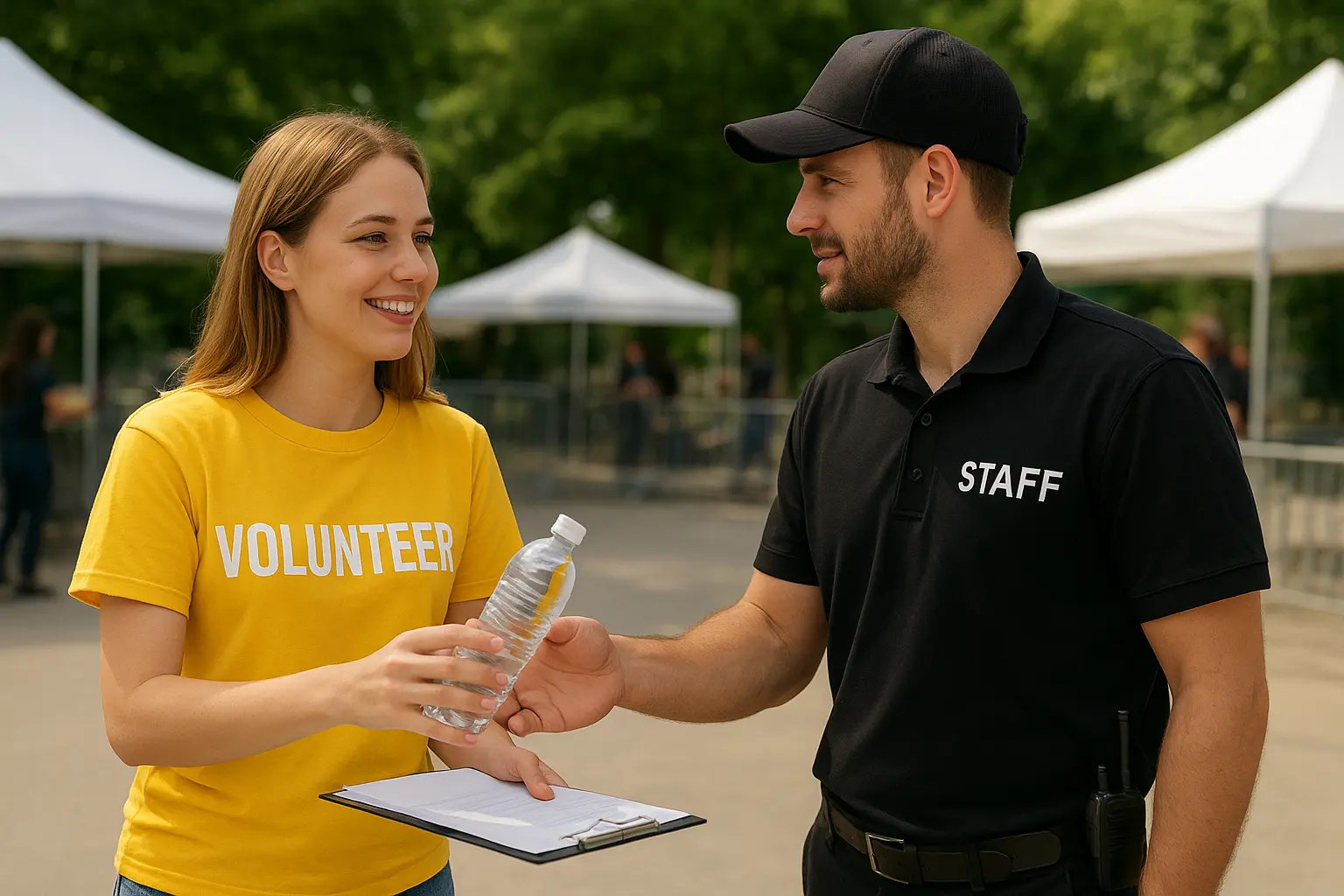

.webp)
.webp)
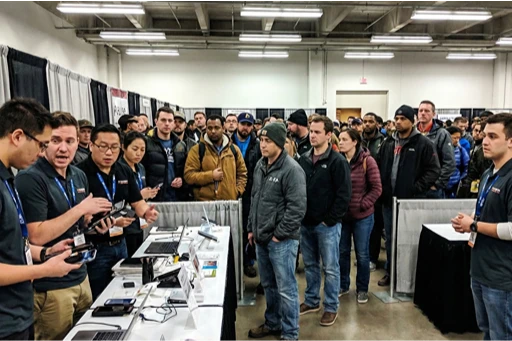

.webp)


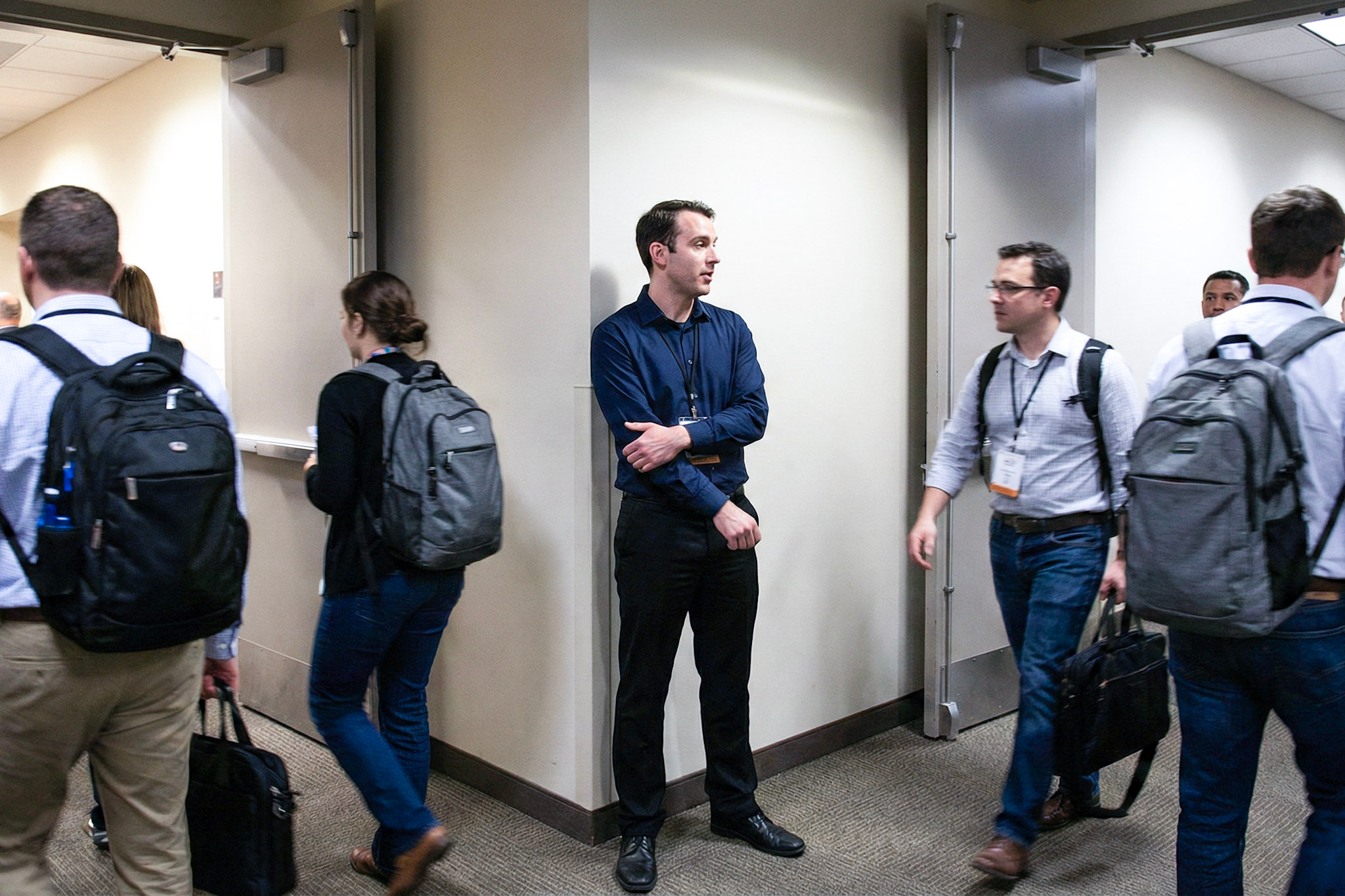
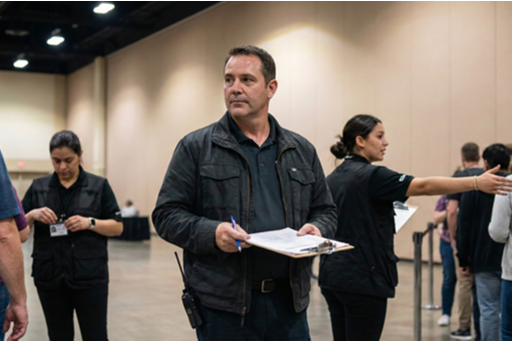
.webp)
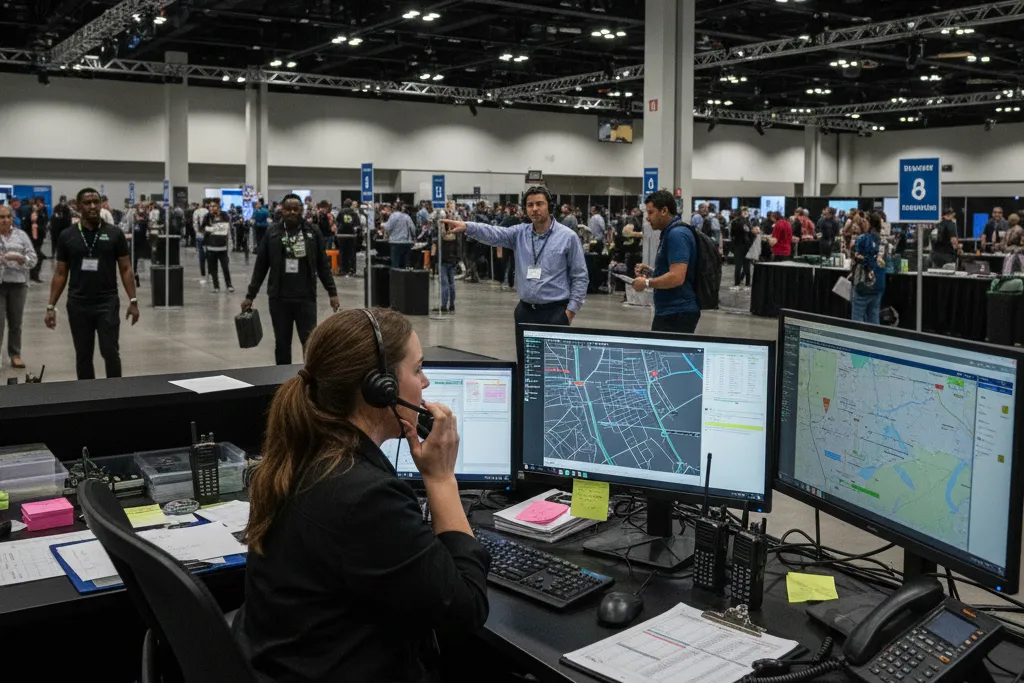
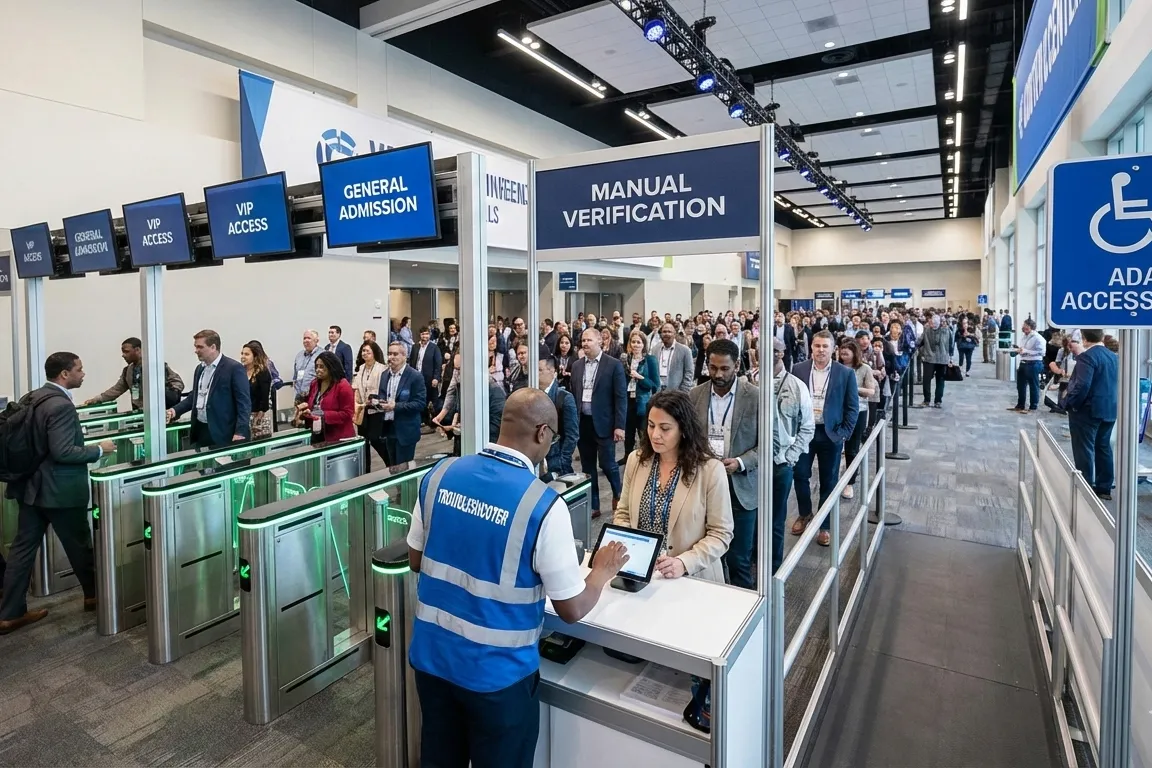
.webp)

.webp)


.webp)



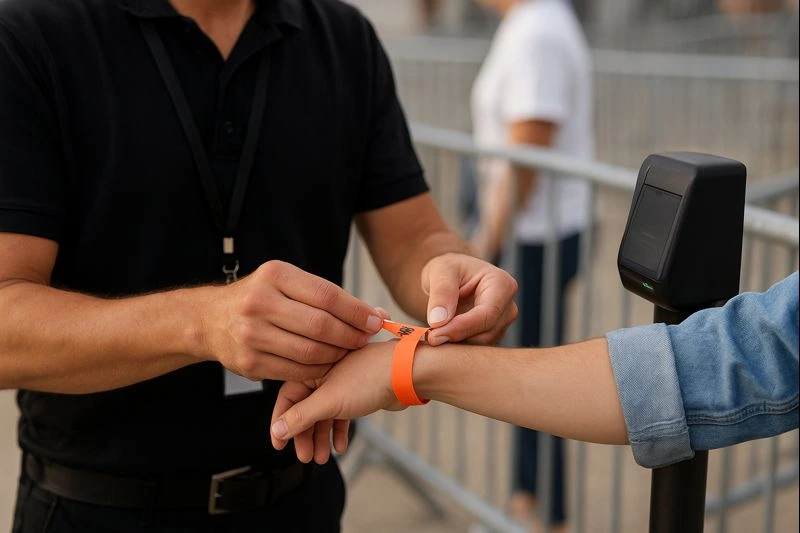


%20(2).webp)

.webp)
.webp)
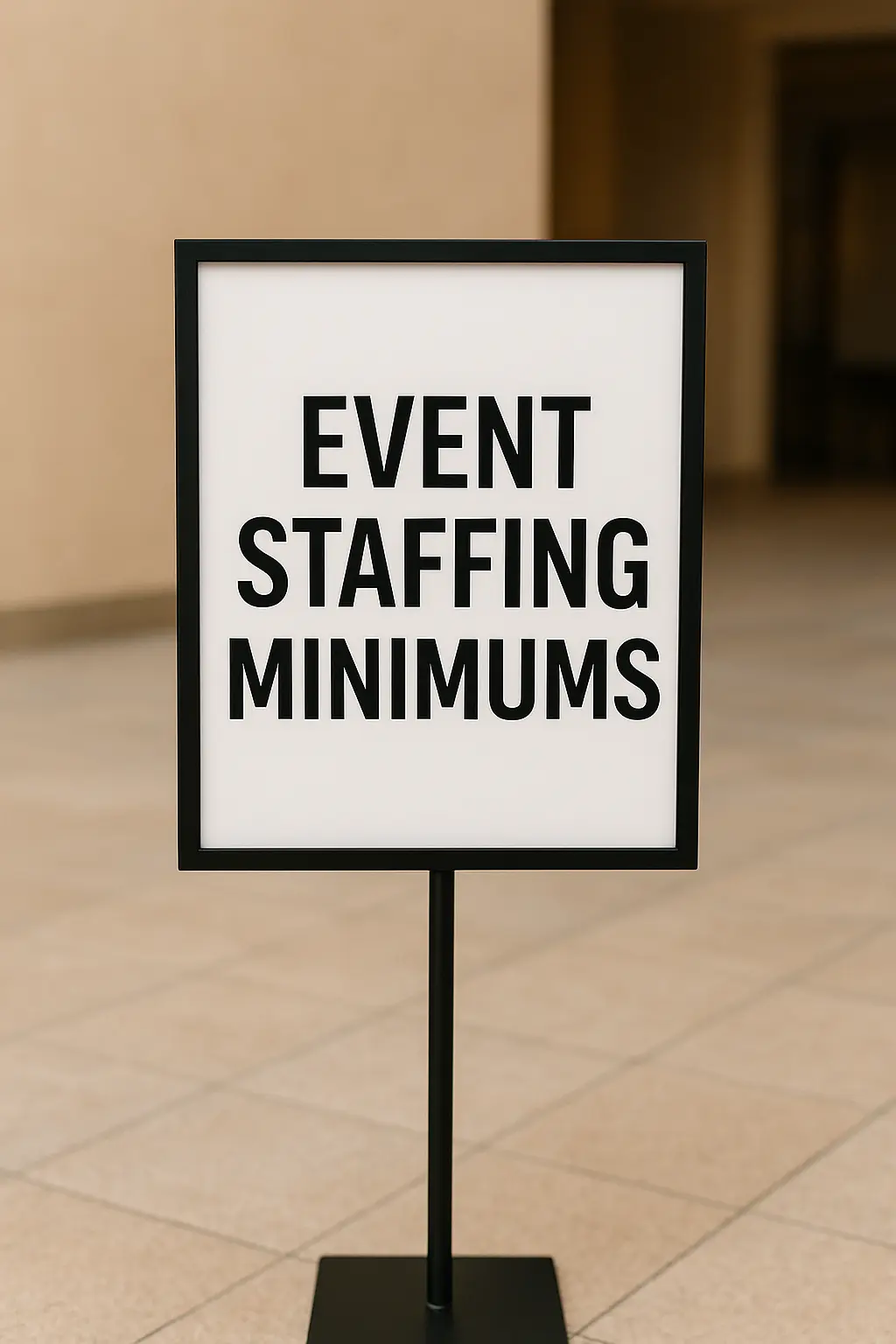


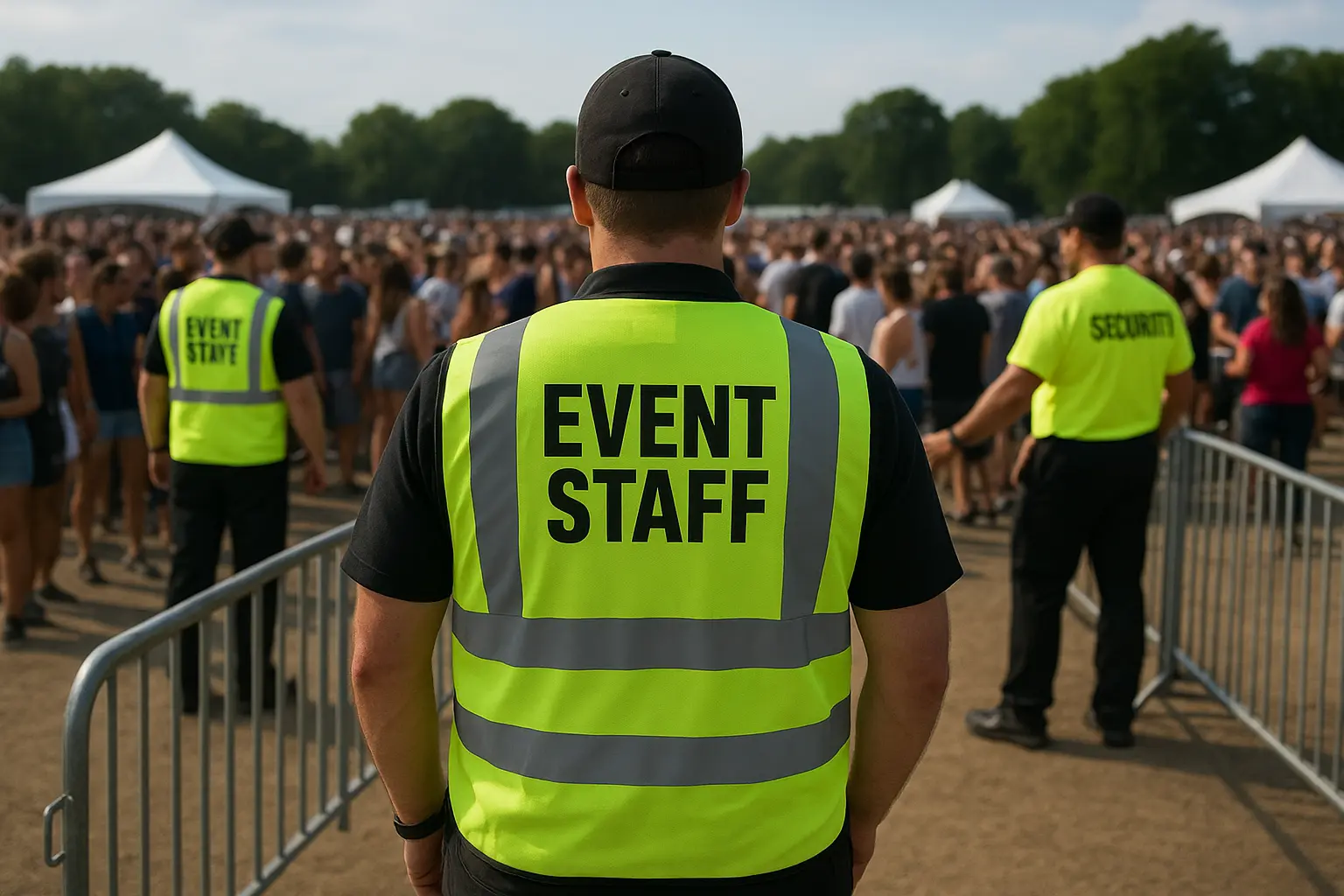

.webp)
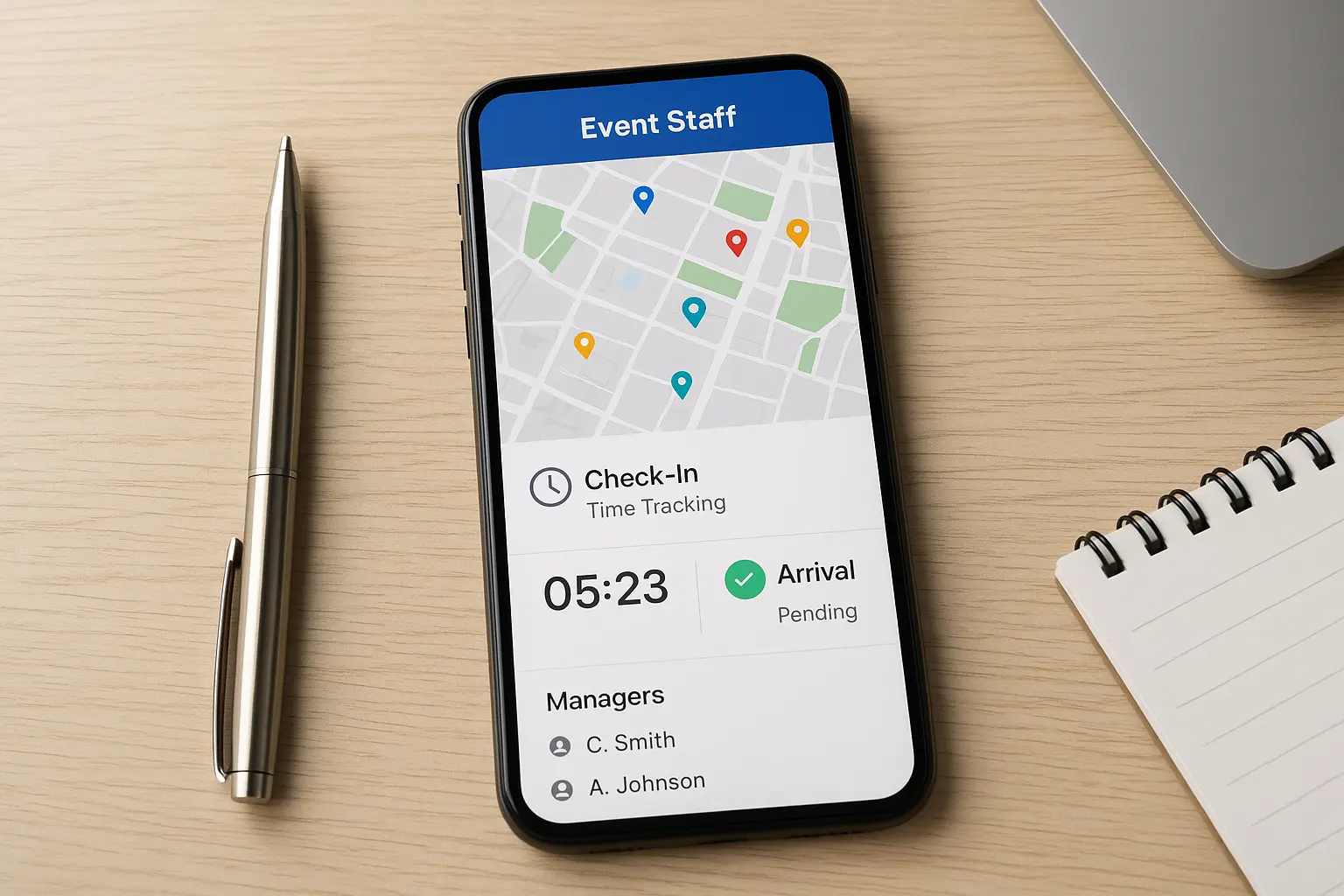

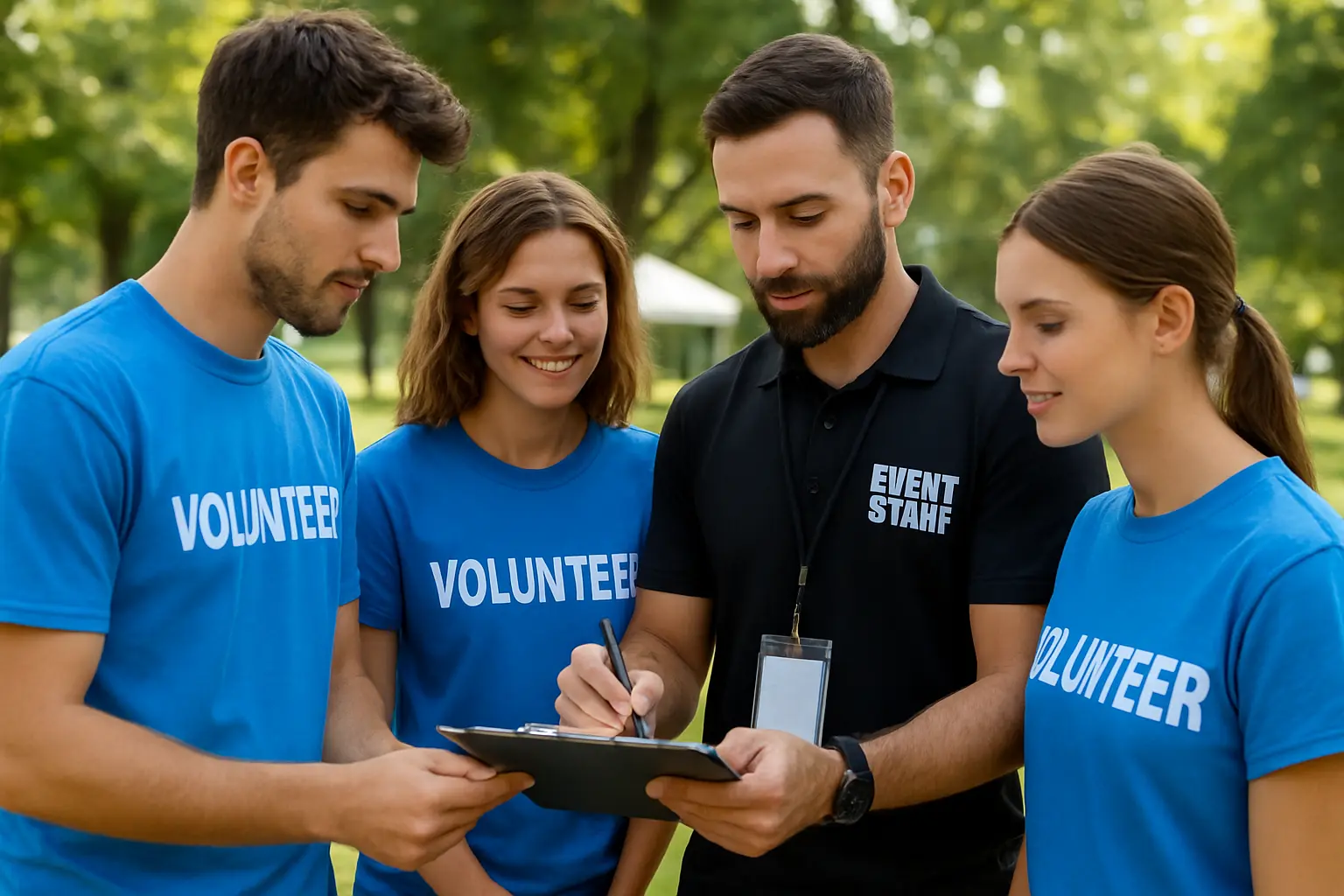





_1000x500%20(1).webp)


